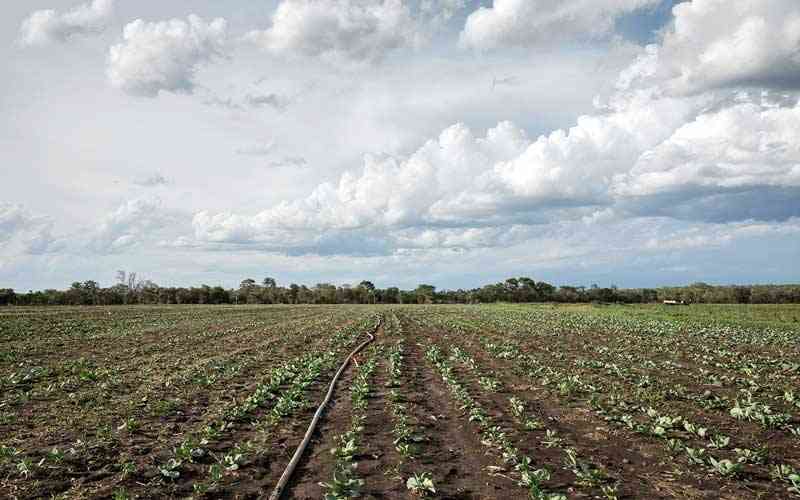
ZIMBABWE’S crop production has drastically declined over the past five years due to land conflicts and State-led evictions, a study released on Monday has revealed.
Researchers Phillan Zamchiya and Claris Madhuku carried out an investigation on the impact of formalisation of customary land on tenure relations and livelihoods for the rural population whose findings revealed that the intensifying land conflicts were deepening social divisions in the country.
The policy brief titled Securing Land Tenure for Women and Men Living on Customary Land in Zimbabwe was informed by a study conducted in selected villages in Manicaland province between 2020 and 2022 with 156 respondents and 100 households through in-depth interviews and group discussions.
About 59% of the respondents were of the view that land-related conflicts were increasing.
The major conflicts include people being denied land access, issue of double allocations and land inheritance.
From the survey, 31% of respondents said they had lost either residential or arable land in the last five years.
About 65% of respondents reported that some of the disputes were taking long to be resolved.
“The loss of land and the disputes have significantly led to a decline in maize yields by 32%, groundnuts by 8% and cotton yields by 9% in the past five years,” the researchers said.
- Organised violence, torture and elections: Can Zimbabwe citizens be insulated ahead of 2023 polls?
- ‘Land conflicts, evictions hinder agric productivity
Keep Reading
“These conflicts are weakening social cohesion. Owing to the existential threat from the State, 65% now feel insecure on the land. They said common property resources such as forest land, community grave sites and rivers are the most insecure.”
The researchers said there was need for authorities to amend such laws as the Communal Land Act and the Traditional Leaders Act, to empower families living on customary land.
“There is an increased rate of homelessness among the vulnerable and poor women due to failure to pay council leases and rentals. People are losing their homes through the destruction of their homes built on land targeted by the State for urbanisation. There is also an existential threat because urbanisation which does not accommodate the dispossessed is creating unaffordable costs for many poor families. There is an increase of State-led non-voluntary dispossession of men and women living on customary land. The dispossession is characterised by two central features of coercion and non-voluntary consent.”
Former European Union ambassador to Zimbabwe Timmo Olkkonen last year told NewsDay that Zimbabwe’s flawed land tenure system, coupled with land inequalities among citizens has hindered agricultural productivity.










